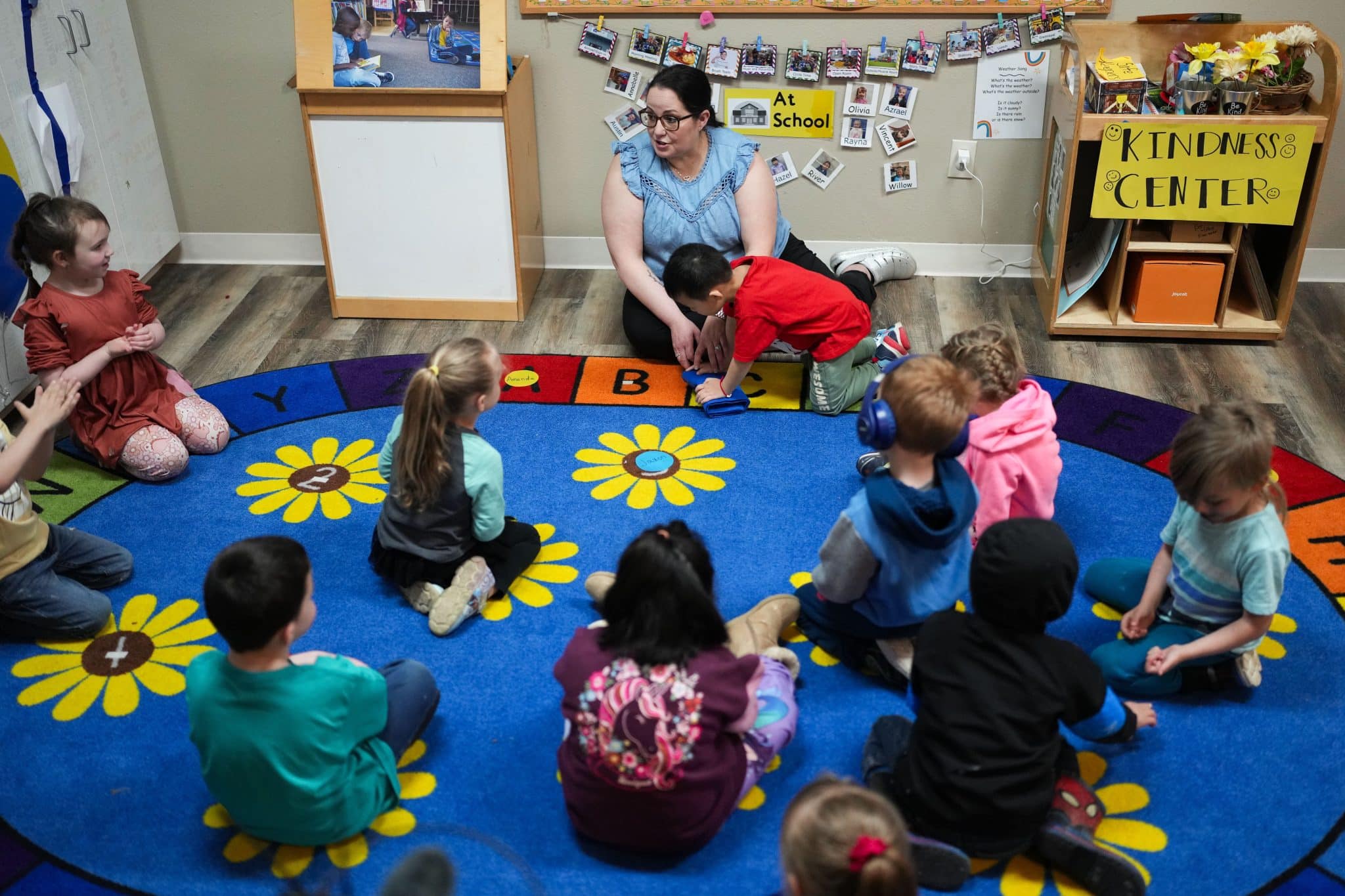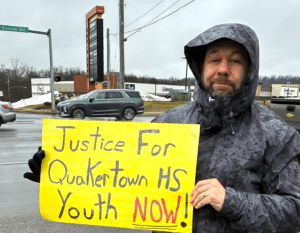Written by Democratic state Representatives Lisa Borowski, Heather Boyd, Gina H. Curry, David M. Delloso, Carol Kazeem, Leanne Krueger, Jennifer O’Mara and Greg Vitali
Parents who send their children to early learning programs and the schools they go to could be on the verge of seeing more classrooms close because some lawmakers in Harrisburg are putting politics over people. Childcare and pre-k providers already operate on a razor-thin margin, and they’re in a dire financial predicament because the General Assembly has failed in its most important responsibility of passing a state budget. If funding is not restored soon, childcare centers will have no choice but to close classrooms, limiting children’s access to high-quality early childhood education and making it incredibly difficult for parents to keep the care they need to be able to go to work, feed their families, and pay the bills
This budget impasse couldn’t have happened at a worse time for early childhood education providers who have long struggled with a chronic staffing crisis that is directly impacted by the lack of funding injected into this sector.
Childcare workers in the Commonwealth make, on average, $30,000 a year; with additional certification required for high-quality Pre-K Counts classrooms, that jumps to just about $36,000 per year. To state the obvious, that is completely well below what a person who is educating our children and allowing parents to earn a living should make. As a result, early childhood providers struggle to recruit and retain staff, resulting in limitations on the number of children that they can serve.
You would think all of this would create a sense of urgency for the people sent to Harrisburg to fight for working families, but, unfortunately, far too many lawmakers don’t; you aren’t their priority. We will tell you this: the House Democratic majority does prioritize working families. That’s why we passed a state budget months ago – and then again earlier this month– that helps parents trying to go to work and early learning educators trying to develop the next generation of Pennsylvania leaders. The budget we sent over to the Senate increases state funding for access to Pre-K, early intervention services, and a critical noteworthy $50 million investment that will be dedicated to the recruitment and retention of early learning educators.
Instead of agreeing to a state budget that helps working Pennsylvanians and early learning programs, Senate Republican leadership is playing games with your lives while they listen to big business lobbyists who block anything that helps real people.
Funding from Harrisburg and Washington, D.C. that’s supposed to support early childhood education has fallen short of the true cost of care in early childhood programs, putting the financial burden on the backs of working families. The average Delaware County family already pays more than $14,000 a year for childcare and Pre-K, so increasing these rates is just not feasible. This leaves early childhood providers limited in their ability to provide competitive wages and benefits for their staff.
Senate leadership and the state Treasurer can pretend to offer solutions and force early learning providers to take on low-interest loans, all while they’re working behind the scenes to block true investments in early learning and find long-term solutions. This tactic is meant to make them look good, appearing to solve a problem that they have created.
The state Senate’s current proposal cuts $2 billion in spending, with no planned funding appropriated to these initiatives to support early childhood education both to recover from the impasse, and to move toward stability.
Early childhood education is vital to our Commonwealth, promoting a strong foundation for learning for young children, and providing consistent childcare that enables parents to go to work and Pennsylvania’s economy to grow. Without the urgently needed funding to support and sustain this sector, the future of Pennsylvania is at risk. It’s time for the Senate Republicans to stop playing politics with your lives and start talking serious to help working families and early learning educators in Pennsylvania.






